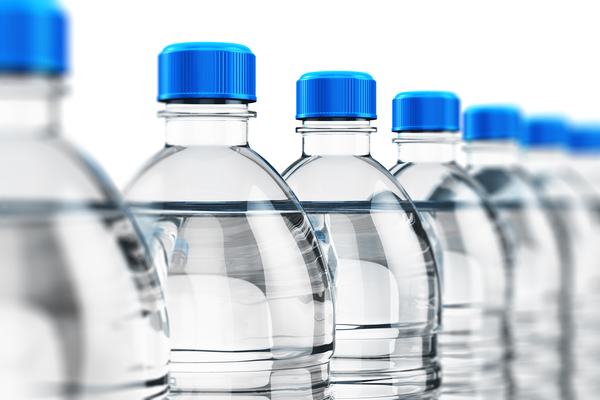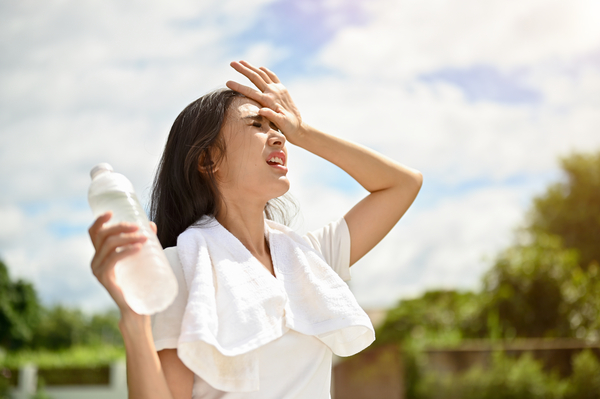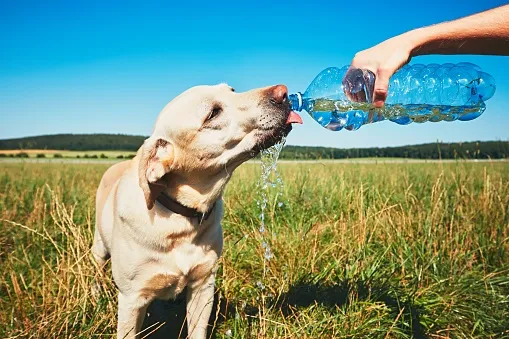Sales Tax-Free Weekend Starts Friday in South Carolina
South Carolina’s Sales Tax-Free Weekend gets underway soon, so get those school supply shopping lists ready. Starting at 12:01 am Friday, August 2, shoppers won’t have to pay the state’s…

Back-To-School Shopping (Photo by Tim Boyle/Getty Images)
Getty ImagesSouth Carolina's Sales Tax-Free Weekend gets underway soon, so get those school supply shopping lists ready.
Starting at 12:01 am Friday, August 2, shoppers won't have to pay the state's 6% sales tax and any applicable local taxes on things like clothing, shoes, computers, and school supplies through Sunday in the Palmetto state.
A lot of students have already started school in South Carolina. In fact, students in Aiken and Edgefield Counties have been back in school since July 22. Some parents may have been waiting, however, for this weekend to purchase all those back-to-school supplies.
On the Georgia side of the river, Lincoln County students start school on August 2; Columbia, Richmond County elementary, Burke and McDuffie County students start school August 5; and Richmond County K-8, Magnet, Middle and High School students start August 6.
The 72-hour Tax-Free holiday in South Carolina applies to eligible items that are purchased both in-store and online. They can also be new or used and are eligible regardless of the price.
Last year, South Carolina shoppers purchased more than $30.4 million in tax-free items during the tax-free weekend. They saved more than $1.8 million in Sales Tax.
The Sales Tax Holiday was created by the South Carolina Legislature in 2000. It was designed to give shoppers a break as they purchase all the back-to-school essentials needed for the new school year.
Georgia has opted not to have a Tax-Free Weekend since 2016.
Sales Tax-Free Items
- Arts supplies for school
- Athletic uniforms
- Backpacks
- Bedding
- Blankets
- Coats and jackets
- Clothing
- Computers
- Computer parts and accessories when sold as a package with a computer
- Diapers
- Earbuds and headphones
- Flash drives
- Gloves and mittens
- Musical instruments for school
- Pillows
- Printers and printer suppies
- Purses and handbags
- School supplies
- Shoes and footwear
- Sleepwear
- Socks and underwear
- Towels
- Uniforms (band, scouts, school, sports)
Items Not Tax-Free
Briefcases and wallets
Cameras
Cell phones and smartphones
Cleaning supplies
Computers used in a business
Cosmetics
eReaders
Furniture
Glasses and contacts
Jewelry
Mattresses and box springs
Office supplies
Sports equipment (baseball mitts, helmets, life jackets and vests, mouth guards, pads, etc.)
Video game consoles
For More Information
- For a detailed list of tax-free items, shopping lists, and FAQs, visit dor.sc.gov/taxfreeweekend.
Extreme Heat – 6 Tips For Dealing With High Temps In The CSRA
According to Ready.gov, extreme heat is "a period of hight heat and humidity with temperatures above 90 degrees for at least two to three days." And based on that description, the CSRA has definitely been experiencing extreme heat recently. Here in Georgia and South Carolina, we know that it's still pretty early in the summer, which means this heat wave will more than likely continue for a while.
Extreme Heat Is Dangerous
While we expect high temperatures during the summer here in the South, it doesn't make us immune to the effects it can have on us. This is especially true when we're experiencing extreme heat for multiple days at a time. When it comes to all weather-related hazards, Ready.gov says extreme heat is responsible for the highest number of annual deaths.
Weather is something we have no control over, and it's nothing to play around with. It's important to know what's going on with our weather, and to be prepared. We often prepare for events like strong storms and tornadoes, but how prepared are we to deal with the heat wave?
Heat-Related Illnesses
First of all, we need to know the signs of heat-related illnesses. People exposed to high temperatures for extended periods of time may be at risk for heat cramps, which includes muscle pains or spasms in the stomach, arms, or legs.
There's also heat exhaustion, which may result in heavy sweating, paleness, muscle cramps, tiredness, weakness, fast or weak pulse, dizziness, headache, fainting, nausea, and vomiting. With heat cramps and heat exhaustion, a person needs get to a cooler location and ensure they are hydrated, taking sips of water or electrolyte drinks. You should call your doctor if your symptoms don't improve or get worse.
The most extreme heat-related illness is heat stroke. The signs of a heat stroke include an extremely high body temperature (above 103 degrees farenheight); red, hot, and dry skin with no sweatl; a rapid, strong pulse; and dizziness, confusion, or unconsciousness. If a heat stroke is suspected, you should call 9-1-1 or get the person to the hospital immediately. Try to cool the person down as much as possible while awaiting medical help, but don't give them anything to drink.
It's also important to know that older adults, children, and sick or overweight individuals are at a higher risk from extreme heat. And here in the South, we know humidity is prevalent, which only increases the feeling of heat.
Tips For Extreme Heat
There are many ways you can prepare for extreme heat. You can prepare your home by covering windows with drapes or shades, weather-stripping doors and windows, add window reflectors, and add insulation to keep the heat out. Limiting use of your oven and stove can also help keep you home cooler.
During extremely hot days, if possible, avoid staying outside for extended periods of time. Look for activities indoors when possible. Also note, the CSRA has many cooling centers in our area if you're in need.
Below are some additional tips for dealing with extreme heat. Please share these with anyone you know who has to work during this type of weather to ensure they are adequately prepared.
Stay Hydrated
This might be the most obvious of all the tips. It's important all year round to stay hydrated, but especially so during these hot summer months. While the most recommended amount of water per day is 8 glasses of water a day, if you're spending more time outside, you will need to increase that amount. Sports drinks can also be helpful for replacing electrolytes that our bodies lose when we sweat.
One way to see if you're getting enough water is to note your urine color. Dark yellow urine often means you're not drinking enough.

Wear Appropriate Clothing
It's recommended to wear lightweight, loose clothing in extreme heat. This can help keep your body cool. And wearing light colors can also help by drawing less heat to you.

Find Shade
When you must be outdoors, find shade when you can. The use of a hat is also helpful to protect your face.

Limit Physical Activity
If you workout or play sports, try to plan those activities for earlier or later in the day when the weather is potentially cooler. Unfortunately, if you work in the heat, it can be harder to accomodate, but if there are ways to do the most strenuous parts of the job earlier in the day, that may help.

Cool Down With Water
Heat escapes through our skin, and if we can keep our skin cooler, it can help when we're dealing with extreme heat. Wearing a wet shirt if appropriate can help keep you cool. There are also cooling sprays available, or you could simply keep a mister bottle of water to spray on to cool your skin. Cooling towels and cloths are also helpful and can be reused throughout the day.
After exposure to extreme heat, taking a cool shower or bath can help as well... but be sure to cool down slowly.
Putting your hands and feet in cold water can also help quickly cool your body down.

Keep Your Pets Cool Too
Just like humans, pets are at risk for heat-related problems. If your pets are outside, ensure there is plenty of cool water and shade available. For indoor pets, limit outside play and make water readily available.
And if you're planning to walk your pet, be aware that asphalt, dark pavement, and concrete can get very hot and burn your pet's feet. You can test the area you're planning to walk by placing the back of your hand on the pavement. If you can't hold it there for five seconds, it's too hot.
And just like with kids, you should never leave your pet in a hot vehicle!








